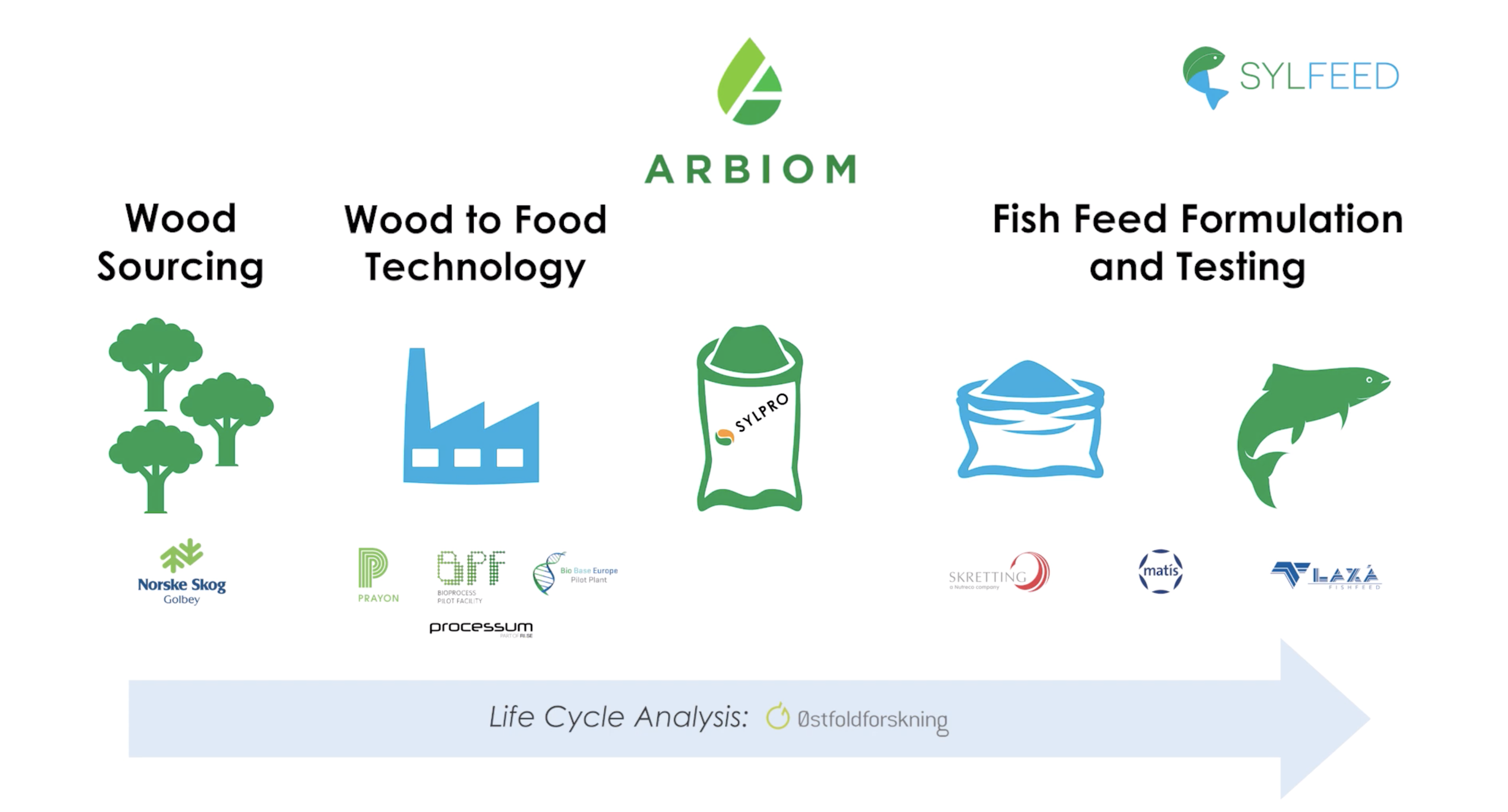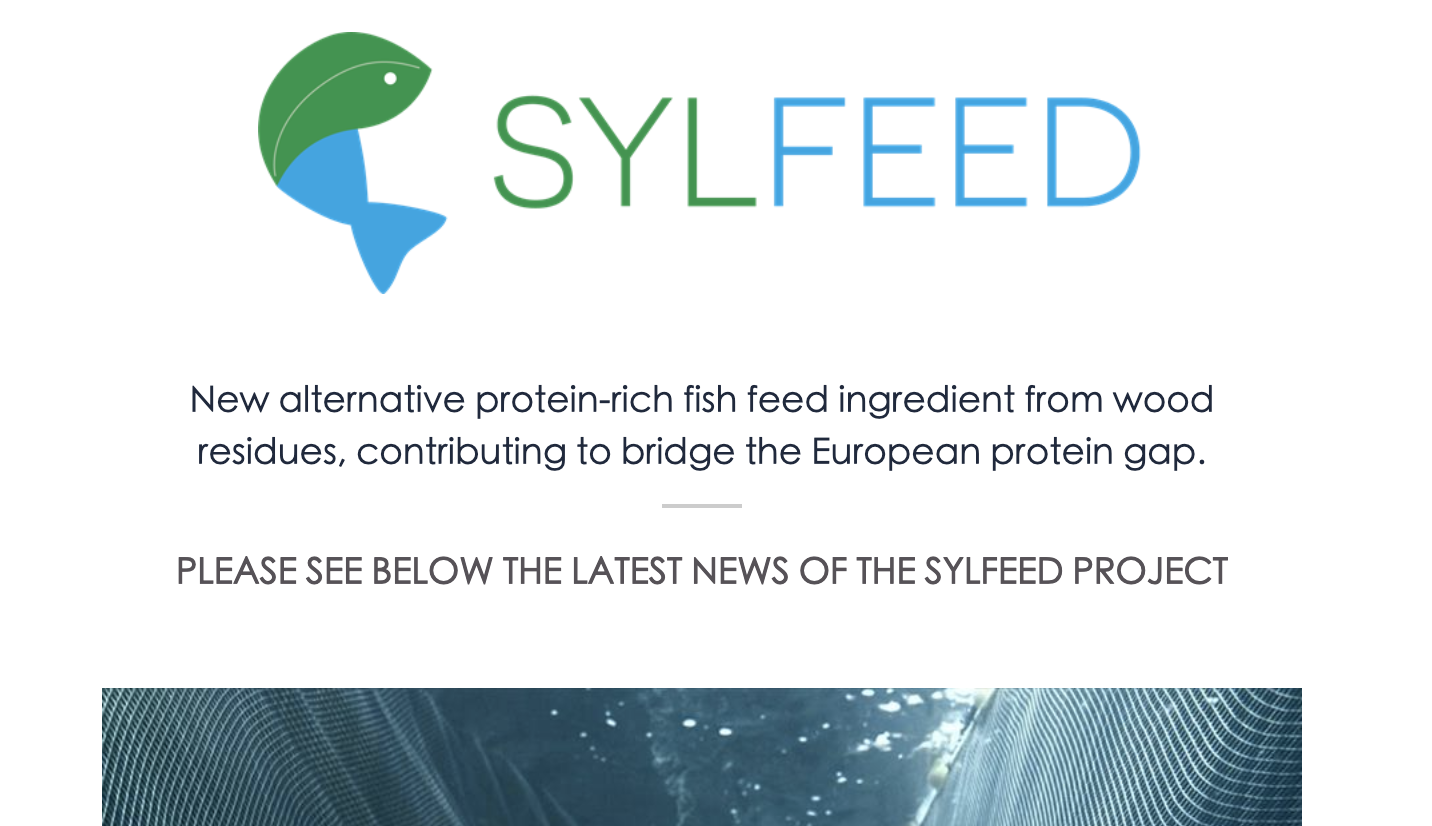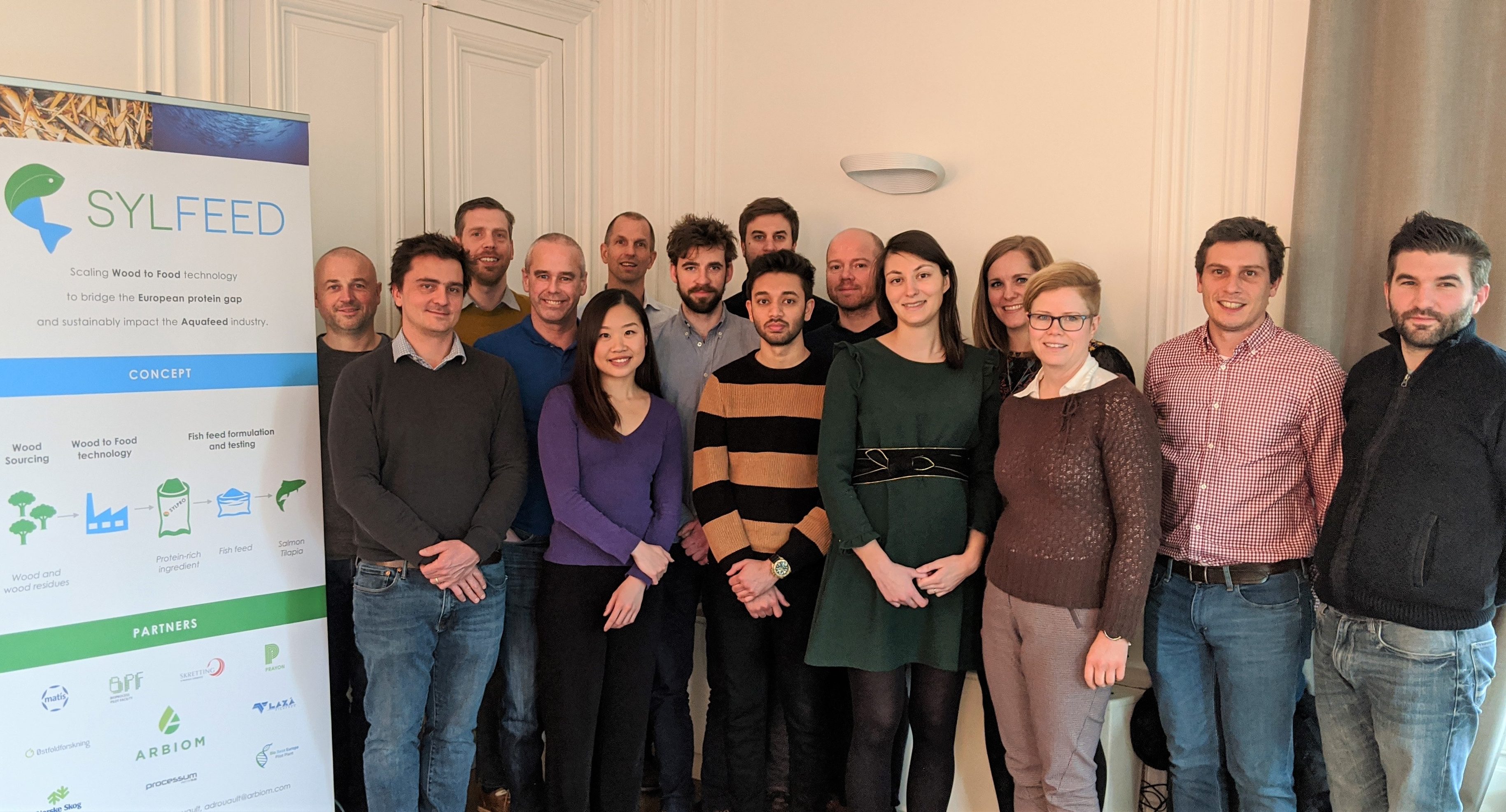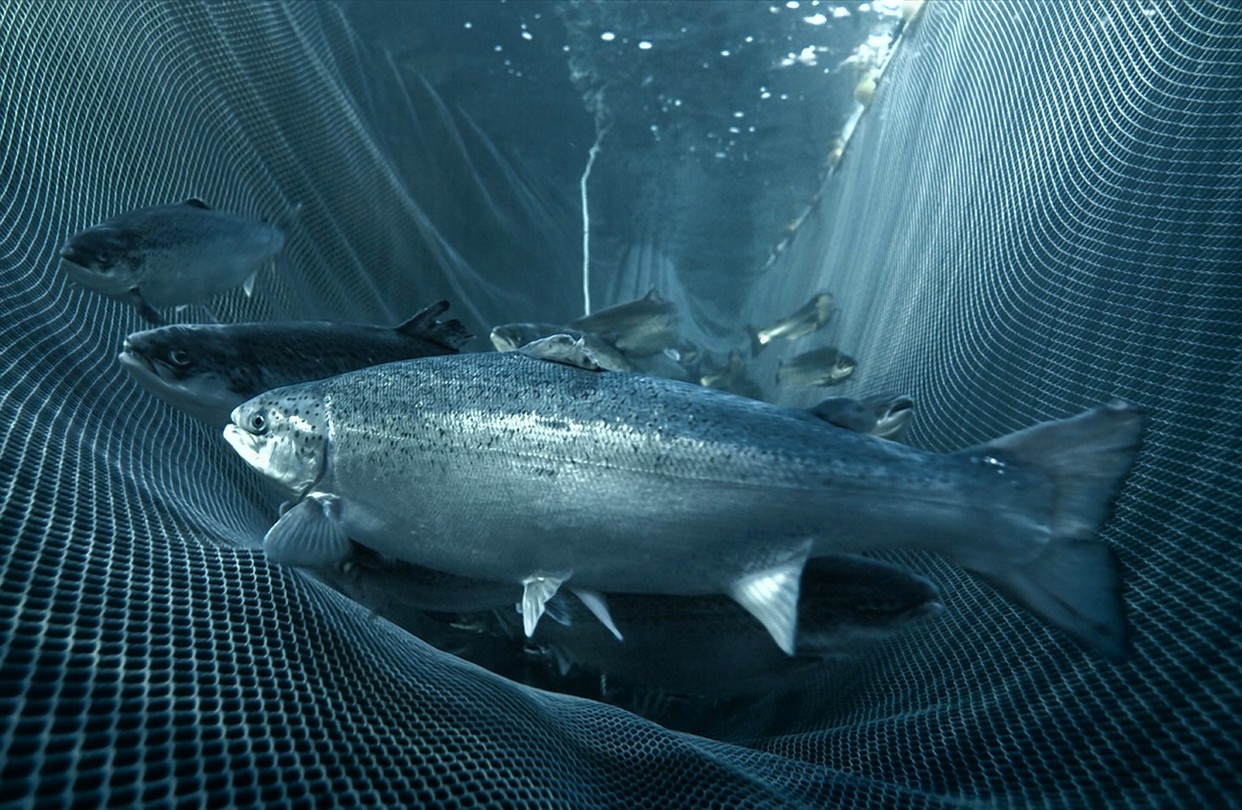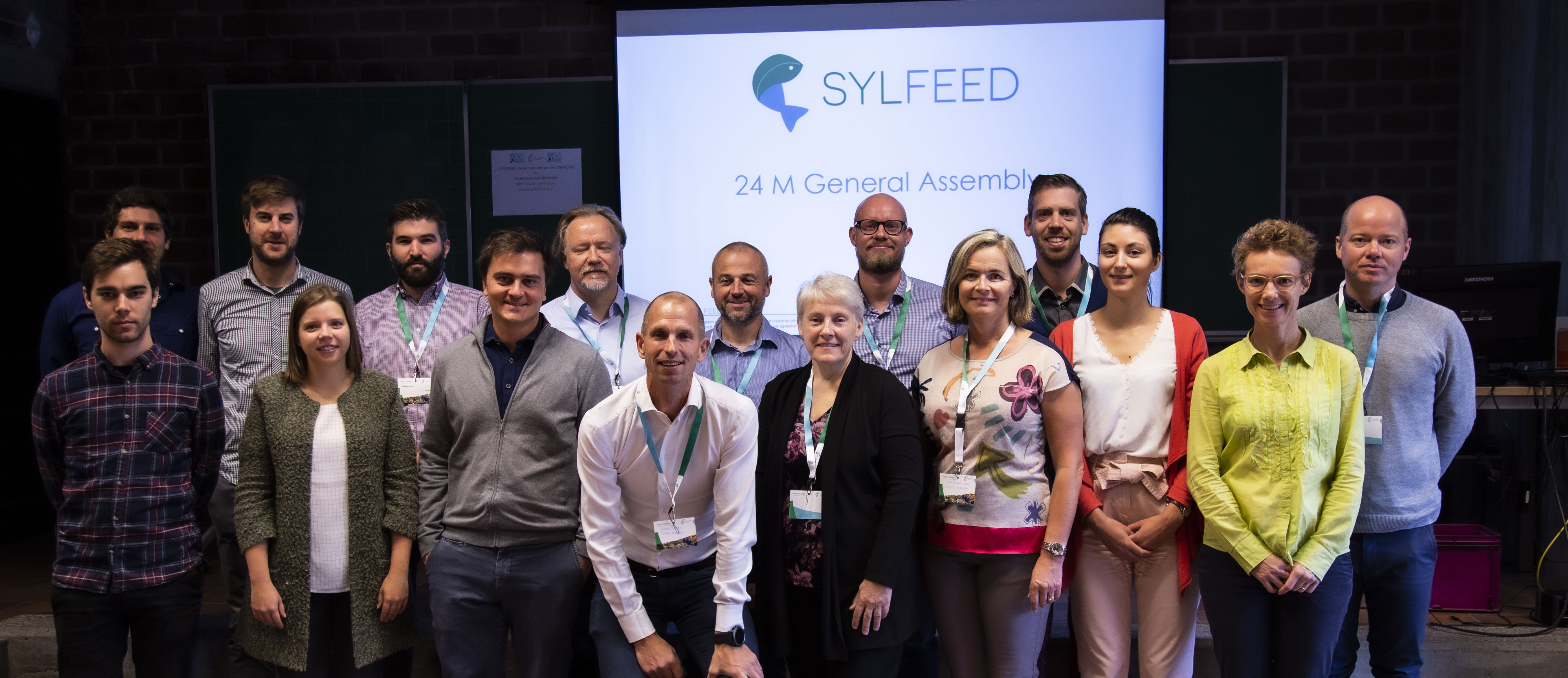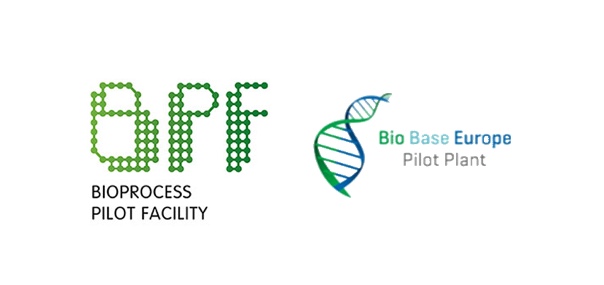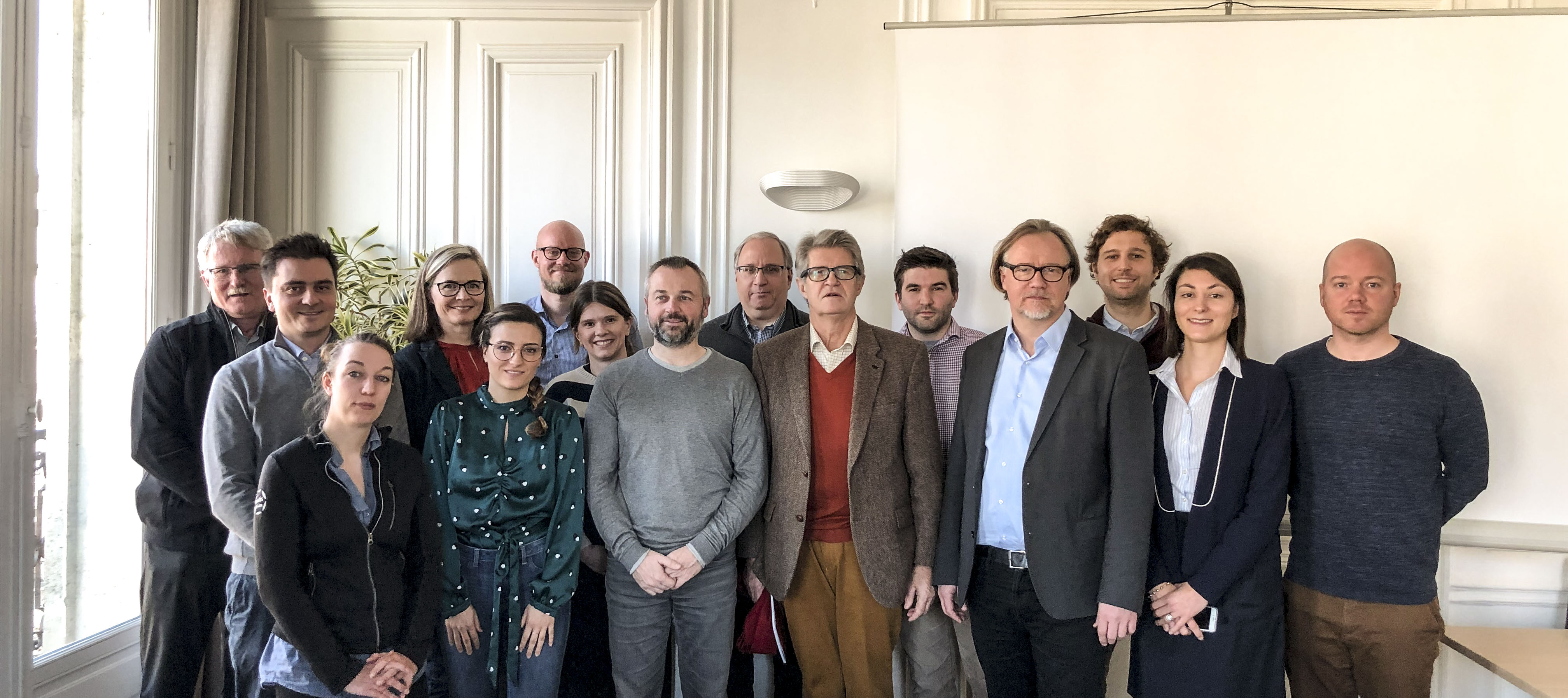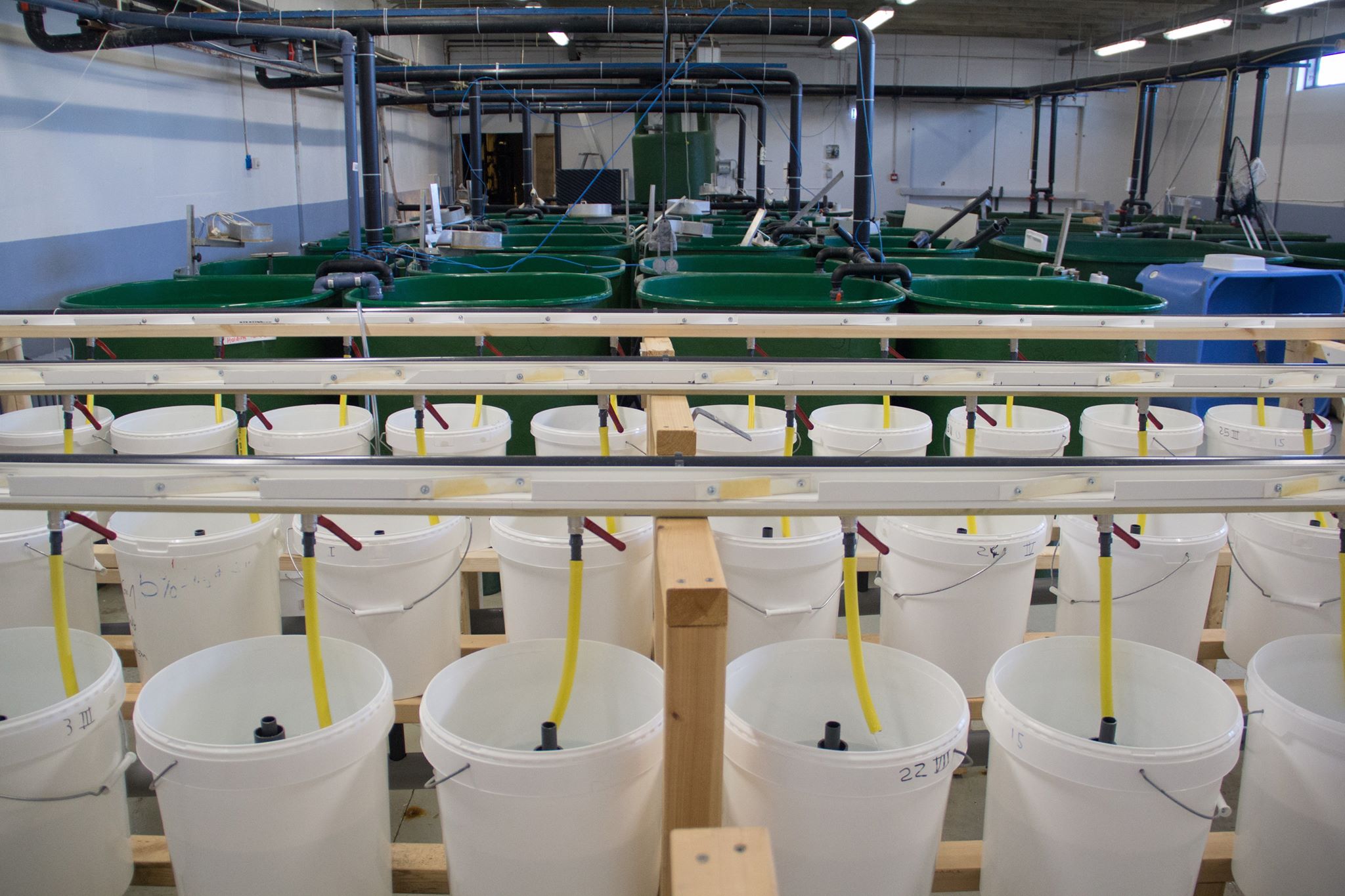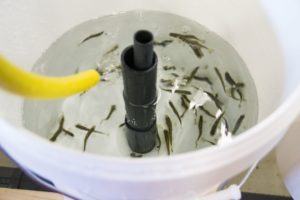
Preliminary LCA data indicates promising early results from a Life Cycle Assessment (LCA) study of SylPro, a new alternative protein product produced by Arbiom. When compared to other protein sources, such as fish meal and soy protein concentrate, SylPro shows the lowest impact on climate change, supporting its viability as a sustainable solution to the looming global protein gap. The LCA study was conducted by Ostfoldforskning, a Norwegian consultancy with experience evaluating environmental performance of materials, fuels and feeds. The LCA methodology used for the study calculations was designed to focus on six particularly relevant environmental impact categories as identified in The Product Environmental Footprint Category rules (PEFCR) for “Feed for food-producing animals” (FEFAC, 2018). “From the beginning it has been our goal to develop a protein ingredient that was not only nutritional, economical and traceable, but also above all, sustainable,” said Marc Chevrel, CEO of Arbiom. “The preliminary LCA results are incredibly promising in helping to validate this goal, and in supporting Arbiom’s commitment to sustainably feed the world’s growing population.”
The LCA study accounted for all unit operations in Arbiom’s production process to produce SylPro from wood biomass. These included wood sourcing from forests to a representative Arbiom commercial unit and all energy and material use in each production step, including the production of the energy and material sources themselves. The last step accounted for transportation to end use in aquafeed. Among various environmental impact indicators, climate change was scrutinized according to IPCC2013 100 yr v.1.03 (Reference IPCC 2013). “We evaluated SylPro against other protein sources across multiple environmental impact categories, including its impact on climate change,” said Andreas Brekke, PhD, Senior Research Scientist from Ostfoldforskning. “While the results are preliminary, the data thus far shows positive signs in supporting SylPro® as a sustainable solution to the protein gap,” Brekke said. The LCA was conducted as part of the SYLFEED Project, an international and multidisciplinary project of 10 industry partners dedicated to scaling-up Arbiom’s Wood to Food Technology to convert wood residues into a protein-rich ingredient comprised of a microorganism for use in animal and aqua feed. Additional LCA results for SylPro® will be released later in 2020.

